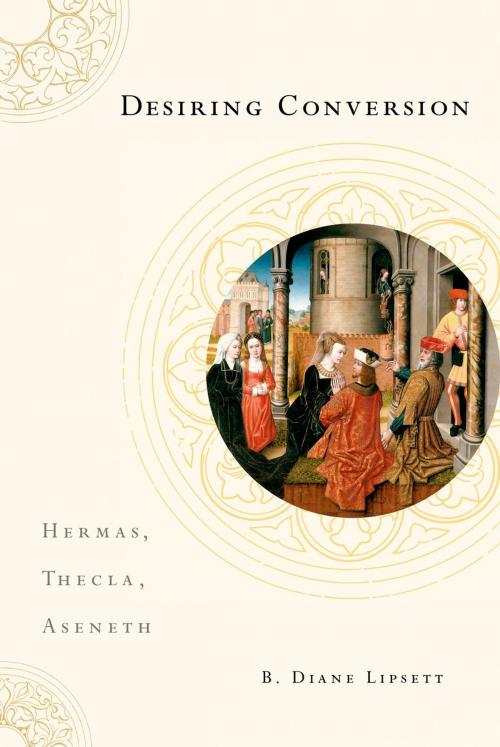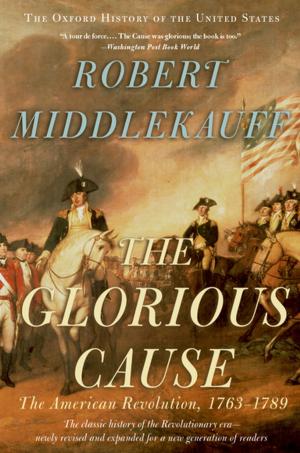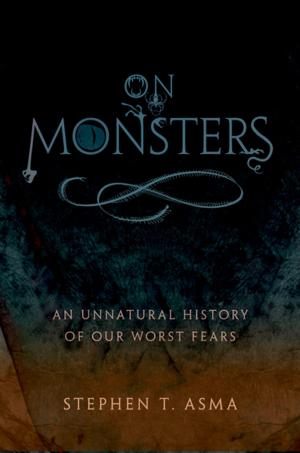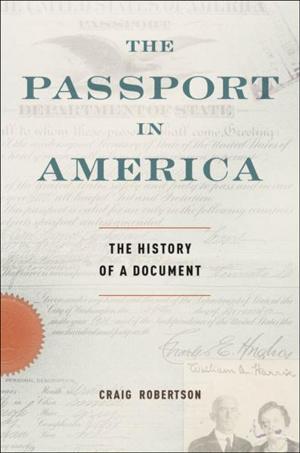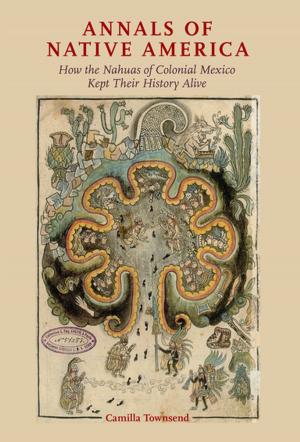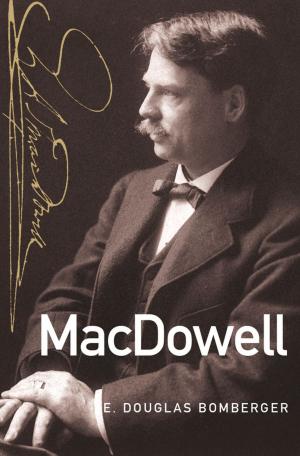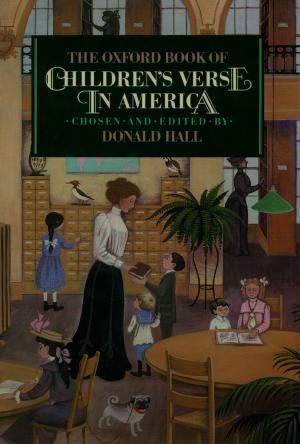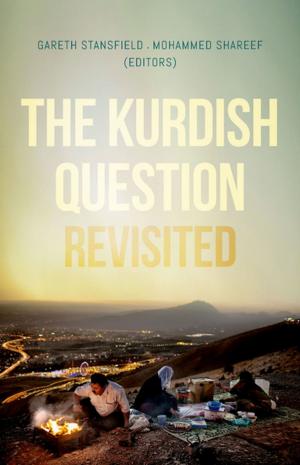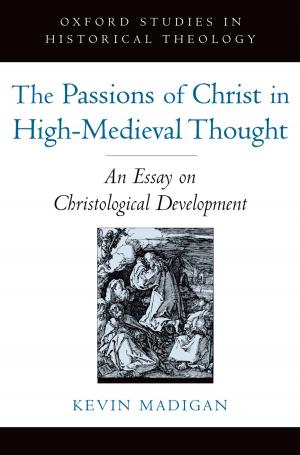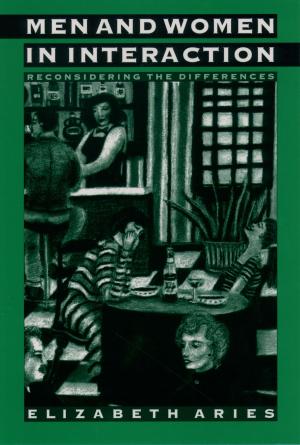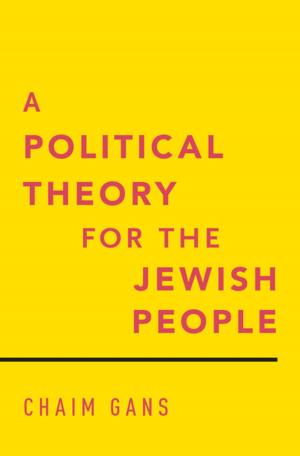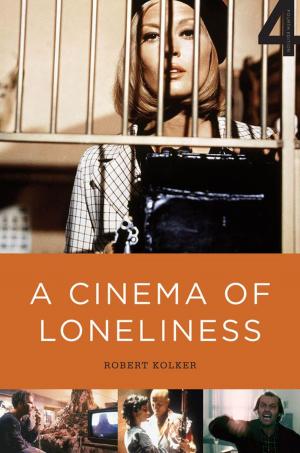Desiring Conversion
Hermas, Thecla, Aseneth
Nonfiction, Religion & Spirituality, Judaism, History, Christianity, Church, Church History| Author: | B. Diane Lipsett | ISBN: | 9780190208516 |
| Publisher: | Oxford University Press | Publication: | December 21, 2010 |
| Imprint: | Oxford University Press | Language: | English |
| Author: | B. Diane Lipsett |
| ISBN: | 9780190208516 |
| Publisher: | Oxford University Press |
| Publication: | December 21, 2010 |
| Imprint: | Oxford University Press |
| Language: | English |
Self-restraint or self-mastery may appear to be the opposite of erotic desire. But in this nuanced, literary analysis, Diane Lipsett traces the intriguing interplay of desire and self-restraint in three ancient tales of conversion: The Shepherd of Hermas, the Acts of Paul and Thecla, and Joseph and Aseneth. Lipsett treats "conversion"--marked change in a protagonist's piety and identity--as in part an effect of story, a function of narrative textures, coherence, and closure. Her approach is theoretically versatile, drawing on Foucault, psychoanalytic theorists, and the ancient literary critic Longinus. Well grounded in scholarship on Hermas, Thecla, and Aseneth, the closely paced readings sharpen attention to each story, while advancing discussions of ancient views of the self; of desire, masculinity, and virginity; of the cultural codes around marriage and continence; and of the textual energetics of conversion tales.
Self-restraint or self-mastery may appear to be the opposite of erotic desire. But in this nuanced, literary analysis, Diane Lipsett traces the intriguing interplay of desire and self-restraint in three ancient tales of conversion: The Shepherd of Hermas, the Acts of Paul and Thecla, and Joseph and Aseneth. Lipsett treats "conversion"--marked change in a protagonist's piety and identity--as in part an effect of story, a function of narrative textures, coherence, and closure. Her approach is theoretically versatile, drawing on Foucault, psychoanalytic theorists, and the ancient literary critic Longinus. Well grounded in scholarship on Hermas, Thecla, and Aseneth, the closely paced readings sharpen attention to each story, while advancing discussions of ancient views of the self; of desire, masculinity, and virginity; of the cultural codes around marriage and continence; and of the textual energetics of conversion tales.
